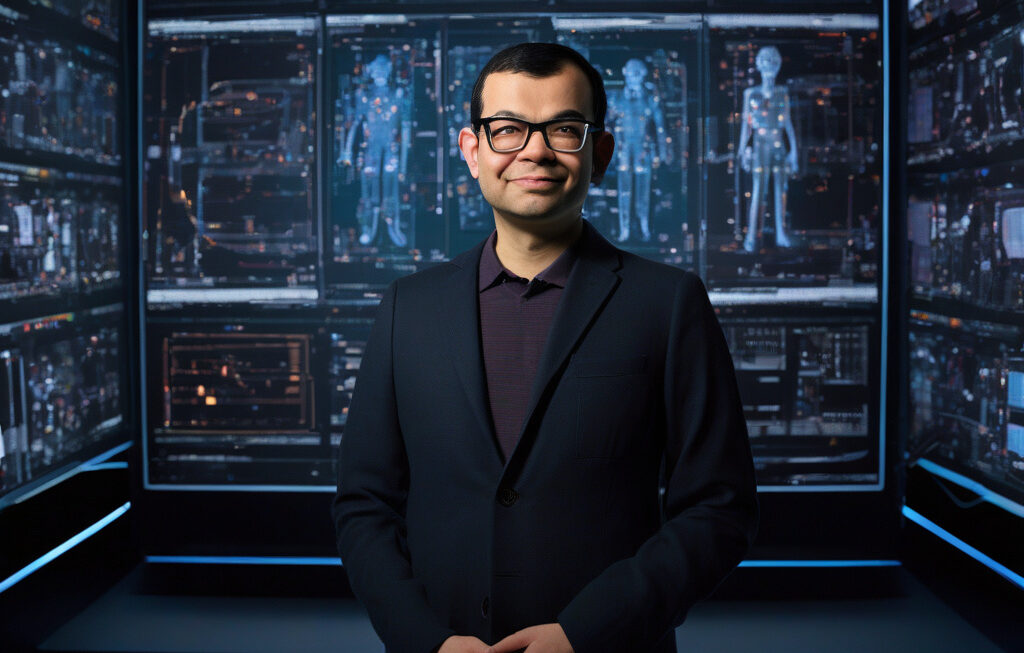The Dangers of Emotional Dependency: When Technology Becomes a Crutch
In a world where technology plays an increasingly significant role in our daily lives, it’s essential to recognize the fine line between convenience and dependency. Recently, a viral post on LinkedIn shed light on a concerning incident at Flipkart, where an employee made the decision to delete ChatGPT due to what was described as emotional dependency.
ChatGPT, an AI-powered chatbot developed by OpenAI, has gained popularity for its ability to engage in conversations that mimic human interaction. While the intention behind such technology is to streamline processes and enhance productivity, the incident at Flipkart serves as a stark reminder of the potential pitfalls of relying too heavily on artificial intelligence for emotional support.
The viral LinkedIn post, which garnered thousands of likes and shares within hours of being published, detailed the employee’s struggle with balancing the convenience of ChatGPT’s constant presence with the need for solitary reflection. According to the post, the employee found it increasingly challenging to disconnect from the chatbot, leading to a sense of emotional entanglement that hindered their ability to think critically and reflect independently.
This incident raises important questions about the role of technology in supporting mental well-being in the workplace. While tools like ChatGPT can undoubtedly enhance communication and collaboration, they should not serve as a substitute for human connection and introspection. As the boundaries between human interaction and artificial intelligence continue to blur, it is crucial for organizations to prioritize employee well-being and encourage healthy tech habits.
Moreover, the incident at Flipkart underscores the broader issue of emotional dependency on technology in a digitally-driven world. From social media platforms to virtual assistants, many of us have experienced moments where our devices and algorithms seem to understand us better than we understand ourselves. While this can be comforting in the short term, it is essential to maintain a healthy skepticism and awareness of the potential consequences of relying too heavily on technology for emotional fulfillment.
As we navigate an increasingly tech-saturated landscape, it is vital to cultivate a sense of self-reliance and mindfulness when engaging with artificial intelligence. While tools like ChatGPT can be valuable assets in the workplace, they should never replace the human capacity for introspection, critical thinking, and emotional connection.
In conclusion, the incident at Flipkart serves as a poignant reminder of the importance of setting boundaries and maintaining a healthy relationship with technology. By recognizing the signs of emotional dependency and taking proactive steps to prioritize human connection and self-reflection, we can harness the power of AI without losing sight of our essential humanity.
#TechnologyDependency, #AIintheWorkplace, #EmotionalWellbeing, #TechBoundaries, #HumanvsAI












